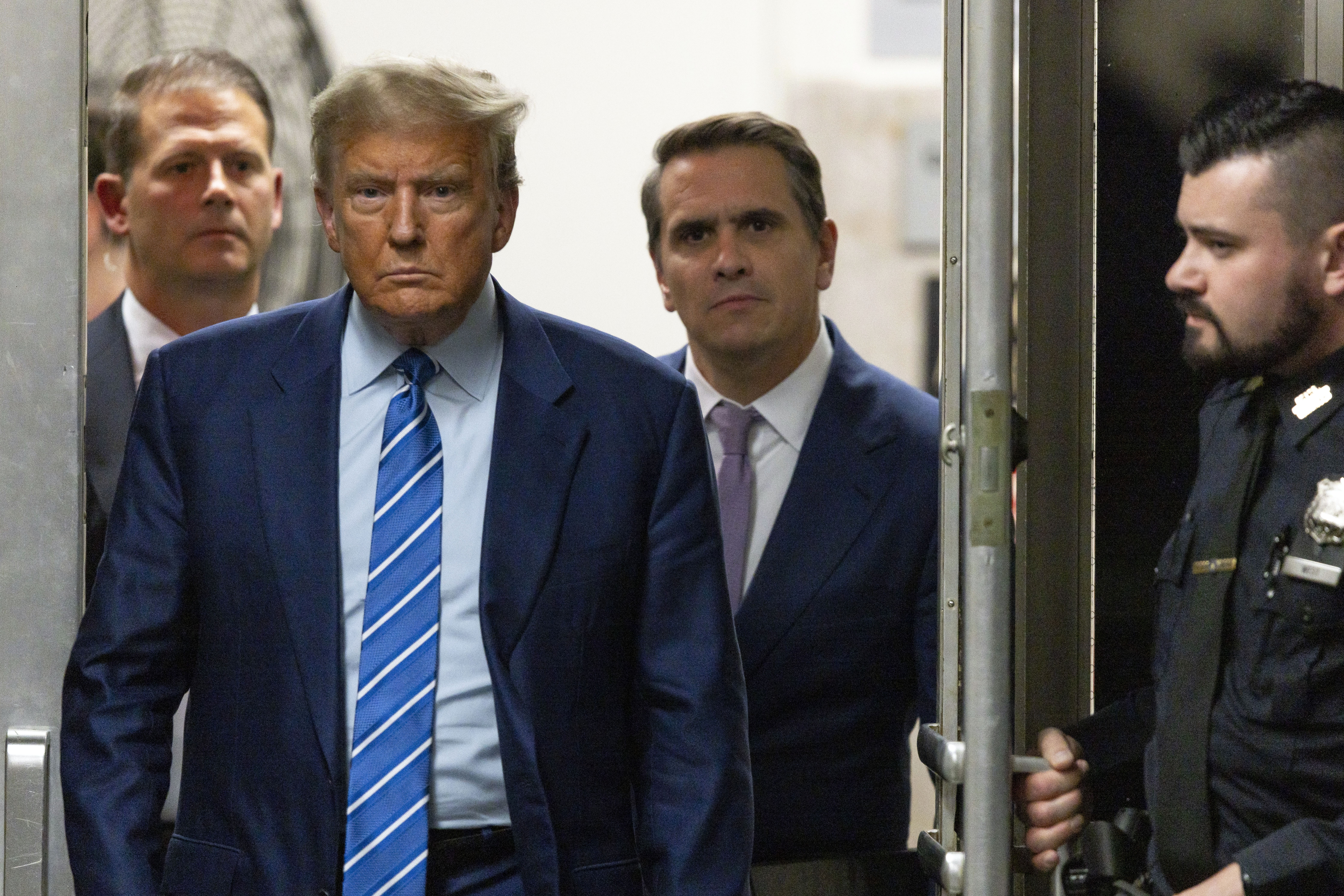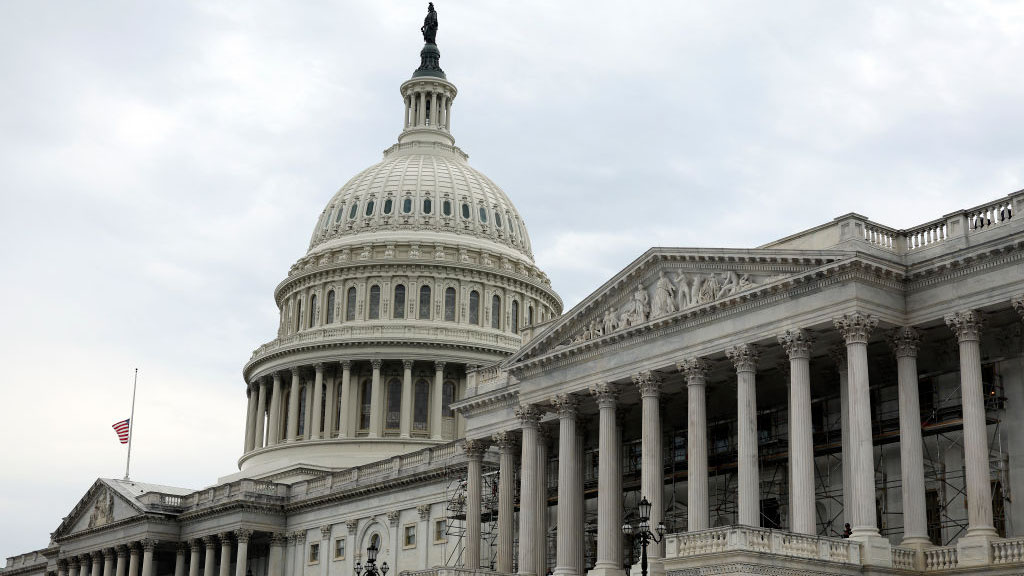The Connecticut Supreme Court has upheld its landmark ruling declaring the state's death penalty unconstitutional and abolishing capital punishment.
The court released its 5-2 decision on Thursday in the appeal of Russell Peeler Jr., who had been on death row for ordering the 1999 killings of a woman and her 8-year-old son in Bridgeport. The boy, B.J. Brown, was to testify against Peeler in another murder case.
"The judgment is reversed with respect to the imposition of two sentences of death and the case is remanded with direction to impose a sentence of life imprisonment without the possibility of release on each capital felony count; the judgment is affirmed in all other respects," the opinion from the court says.
Chief State's Attorney Kevin Kane said state officials will move forward to re-sentence the individuals currently on death row to a sentence of life in prison without the possibility of release.
"The Division of Criminal Justice and I extend our deepest sympathy and condolences to the victims of these crimes and to their families. I also wish to express my appreciation to the dedicated professionals in the Division of Criminal Justice who have devoted so much of themselves throughout this process," Kane said in a statement.
Gov. Dannel Malloy and lawmakers in 2012 abolished the death penalty, but only for future murders -- leaving 11 men including Peeler still facing execution.
“Several years ago, Connecticut joined more than a dozen other states and the majority of the industrialized world in replacing capital punishment with the punishment of life in prison without the possibility of parole," Malloy said in a statement on Thursday. "Today’s decision reaffirms what the court has already said: those currently serving on death row will serve the rest of their life in prison with no possibility of ever obtaining freedom."
In another death row inmate's appeal last year, justices ruled 4-3 that the 2012 abolishment must apply to those who remained on death row because the death penalty was unconstitutional. Justices reconsidered that decision in Peeler's appeal.
Malloy said the state has executed two inmates in the last half century and both volunteered for that punishment.
U.S. & World
"Capital punishment is an emotional issue, and my opposition to it arose after many years as a prosecutor, then as an attorney, and finally as a public servant. Opinions on this issue vary, and it’s critical that we respect that diversity of perspectives. These are deeply personal and moral issues that we as a society are facing and the court has once again ruled on today," Malloy said in a statement.



